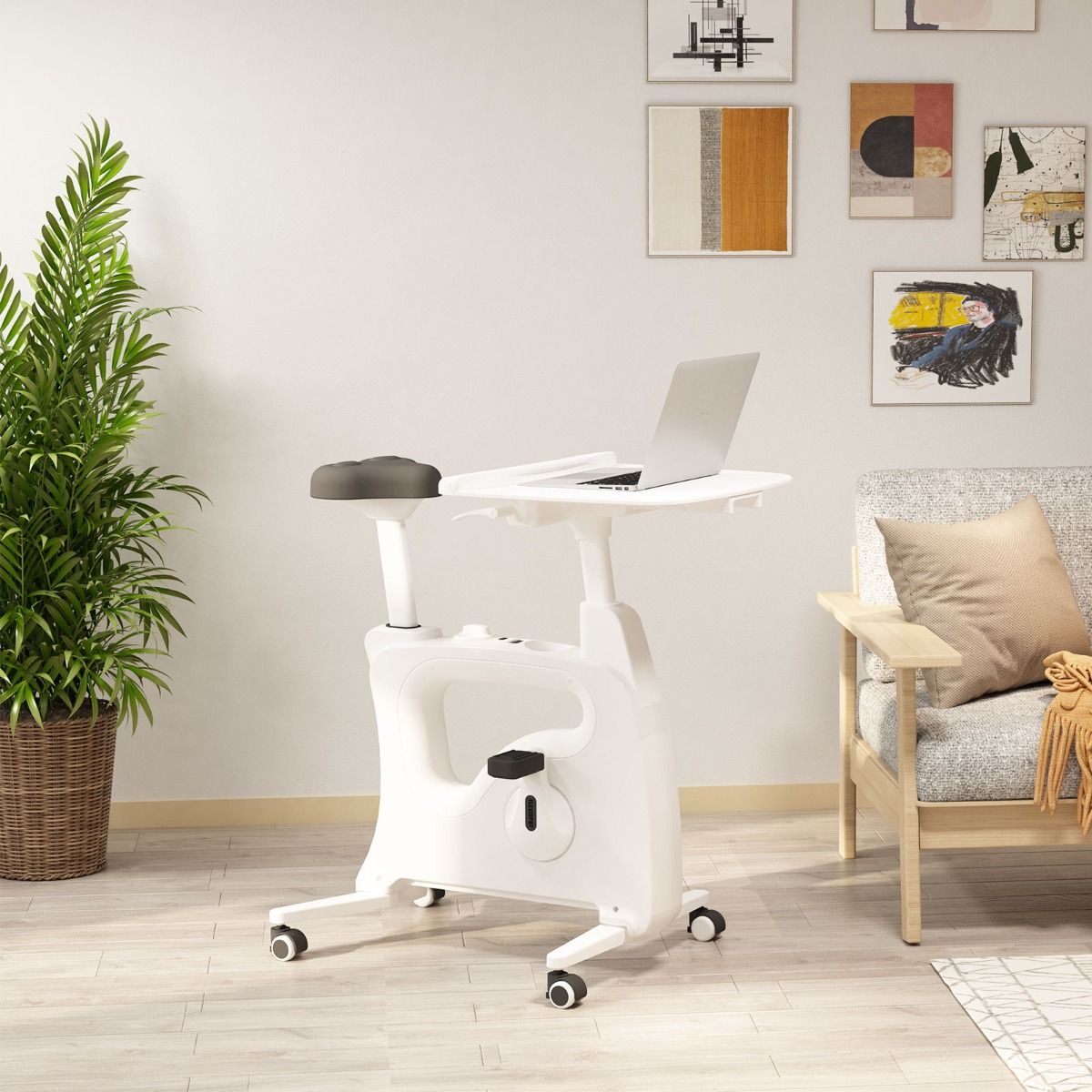Motivation is our driving force. It helps us be productive, innovative, and happy. Motivation helps us to develop and change; it gives us purpose and fuels our passion projects. Motivation helps us to work towards our goals, directs us to seek new opportunities and to develop new habits.
Without motivation, we feel stagnant and sad. A lack of motivation can be a sign of, and consequence of, poor mental health. It can be hard to pull ourselves out of demotivated slumps.
Here are some realistic, actionable and simple strategies for increasing your motivation to help you to achieve your goals:
#1 The Why
What is your goal? What do you hope to gain from it?
Having these conversations with yourself, or even with others, is a good way to motivate yourself.
Remember to treat yourself with compassion and use positive framing when you talk (or think) about your goal - using “I can” instead of “I can’t” will help to increase your motivation, improve your self-esteem, and make your goal seem reachable.
#2 Timeframe

When is your deadline for achieving your goal?
When will you have the time and energy to work towards your goal? Put a timeframe on it and allocate set times every week to work towards achieving your goal.
#3 Break It Down
Break down your goal into small, achievable steps.
Be realistic. If you are struggling to start working on something, the promise of a short burst - a step you could achieve in 10 minutes - might be enough to get you started and to keep up your momentum. You might even then be able to complete several 10-minute chunks in one go, once you have got yourself started.
Remember to reward yourself when you complete a step.
And plan to look after yourself too. An exhausted mind is not a motivated mind.
#4 Support
Surround yourself with family and friends who support you. Tell them about your goals - sharing your plans will help you to connect back to your initial passion and enthusiasm.
Find a mentor to meet with regularly to discuss your goals. Scheduling check-ins in advance will help to motivate you to work towards your goal, as you won’t want to show up empty-handed.
#5 Prioritise
It is equally important to cut negative influences out of your life. Prioritise positive relationships over ones that drain you.
Spend your time doing things you enjoy, as well as working towards your goal, and don’t be afraid to say no to things you actually don’t want to do.
Protecting your time, energy and mental health will help you feel more motivated.
#6 Inspiration
Seek out inspiration.
This might be as simple as putting on some background music. It might be surrounding yourself with art, images or stories which boost your mood. It might be injecting some personality into your workspace.
You might find inspiration in others. Joining a support group, or forming one yourself, will help to inspire you, provide role models and allow you to utilise the expertise of others. Often, discovering that others are going through the same thing gives us an important perspective - feeling demotivated is completely normal.
#7 Move more
Find ways to move more. Exercise is hugely beneficial for our mental and physical health, and improving your mental health might just clear the way for you to work more efficiently towards your goals.
Moving more will mean different things to different people - the more personalised your exercise plans are, the more likely you will stick to them.
Maybe joining a gym or exercise class could combine a desire for more social interaction with exercise.
If fresh air helps to clear your cluttered mind, you should commit to daily lunchtime walks.
Maybe you’re exceptionally busy and an exercise bike would allow you to multitask.
Whatever it is, commit and move more.

FlexiSpot’s Cycle Desk Bike V9 Pro
#8 Review
Regularly review the steps you have made towards achieving your goal. Seeing progress over time will help to increase your motivation and make your end-goal seem within reach.
Reviewing your goals will also help you to develop resilience as you reflect upon any difficulties you faced. You may decide that you need to break your goal down into smaller steps, or discover a previously unknown step which you will need to take before moving forwards. You may realise that you need a break - recognise that this is okay.
#9 Go Back to Your Why
When you are struggling with motivation or are returning to your goals after a break, go back to your why.
Remind yourself of why you are passionate about achieving your goal or what it will add to your life. Repeat those positive conversations with yourself - you can do this!